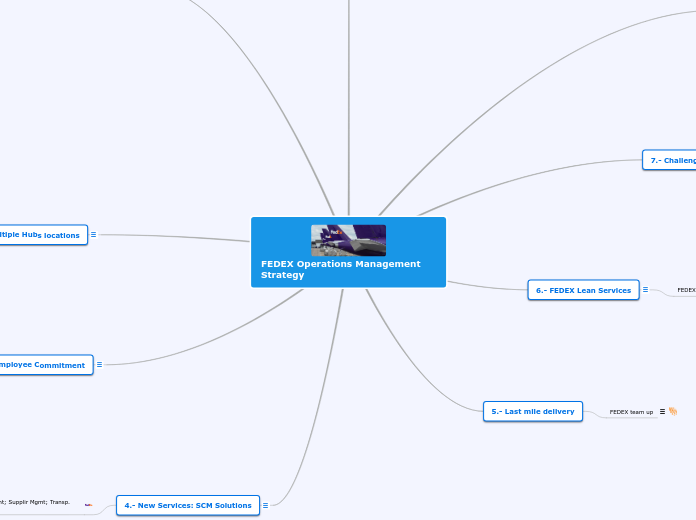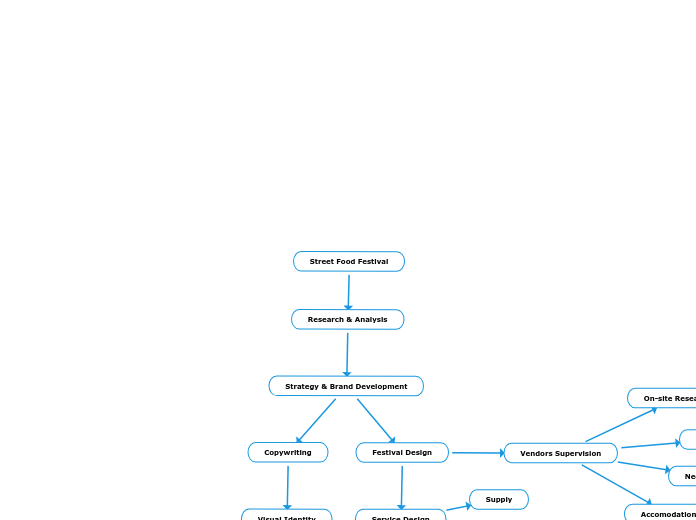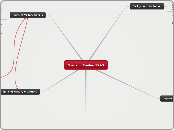по Ademaj Bleona 5 лет назад
1797
Causes of WW1
The German military strategy, known as the Schlieffen Plan, was formulated by Alfred Von Schlieffen to address a potential two-front war involving France and Russia. The plan aimed to swiftly defeat France by invading through neutral Belgium before Russia could fully mobilize its forces.









